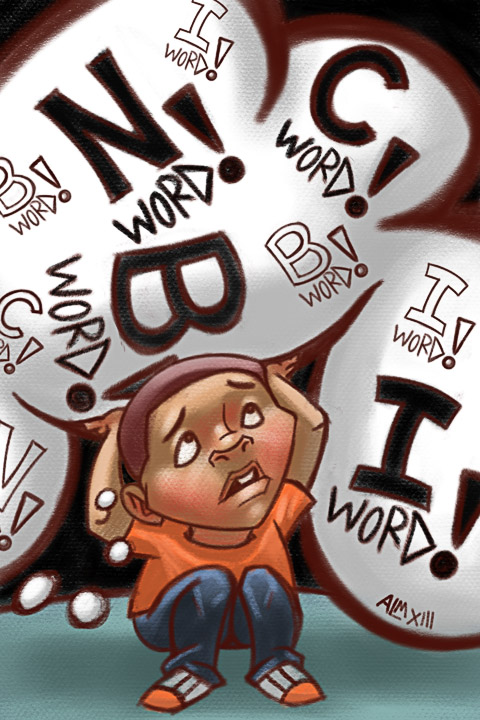Slurs may become accepted but they are still harmful

By Maddie Collins:
It seems impossible to turn on your television or listen to the radio without hearing some sort of racist, sexist or derogatory word used toward certain groups of people.
When thinking about these deep-rooted issues some questions come to mind.
If referring to a black male or female as the N-word is considered offensive and unacceptable, why is the word used so frequently in popular rap songs by so many artists?
If women are tired of men degrading them by referring to them as the B-word and C-word, among other terms, why do women call each other those names?
As a culture we have become numb to what we hear and say. These words are almost a part of our everyday vocabulary, and we forget they are weapons that inflict pain on others when we use them.
Some argue that the use of the N-word among black people is culturally acceptable as a term of love or endearment.
A New York jury decided otherwise on Sept. 3, ruling in favor of Brandi Johnson, a 38-year-old black woman who filed a harassment suit against her black boss Rob Carmona.
Johnson said Carmona made her the target in a rant about her work performance, using the N-word liberally.
Cases like this demonstrate that there has been progress fighting the use of these hateful words.
How do we decide when these words are acceptable? When speaking to our close friends? When they are used for entertainment?
Sure, using negative language in movies and television shows can help with character development and may be relevant to the setting or time period of the show, but at what cost?
Hearing negative language can have a powerful impact on young minds. It is a parent’s responsibility to monitor what their children watch, but when it is everywhere it becomes difficult to control.
We tend to forget how much of an impact our words can have on others and reflects just how negative and intolerant our culture can be.
If we simply stop to think what these words mean and the damage they can inflict, perhaps we can remove them from our vocabulary altogether.

Comments are closed.